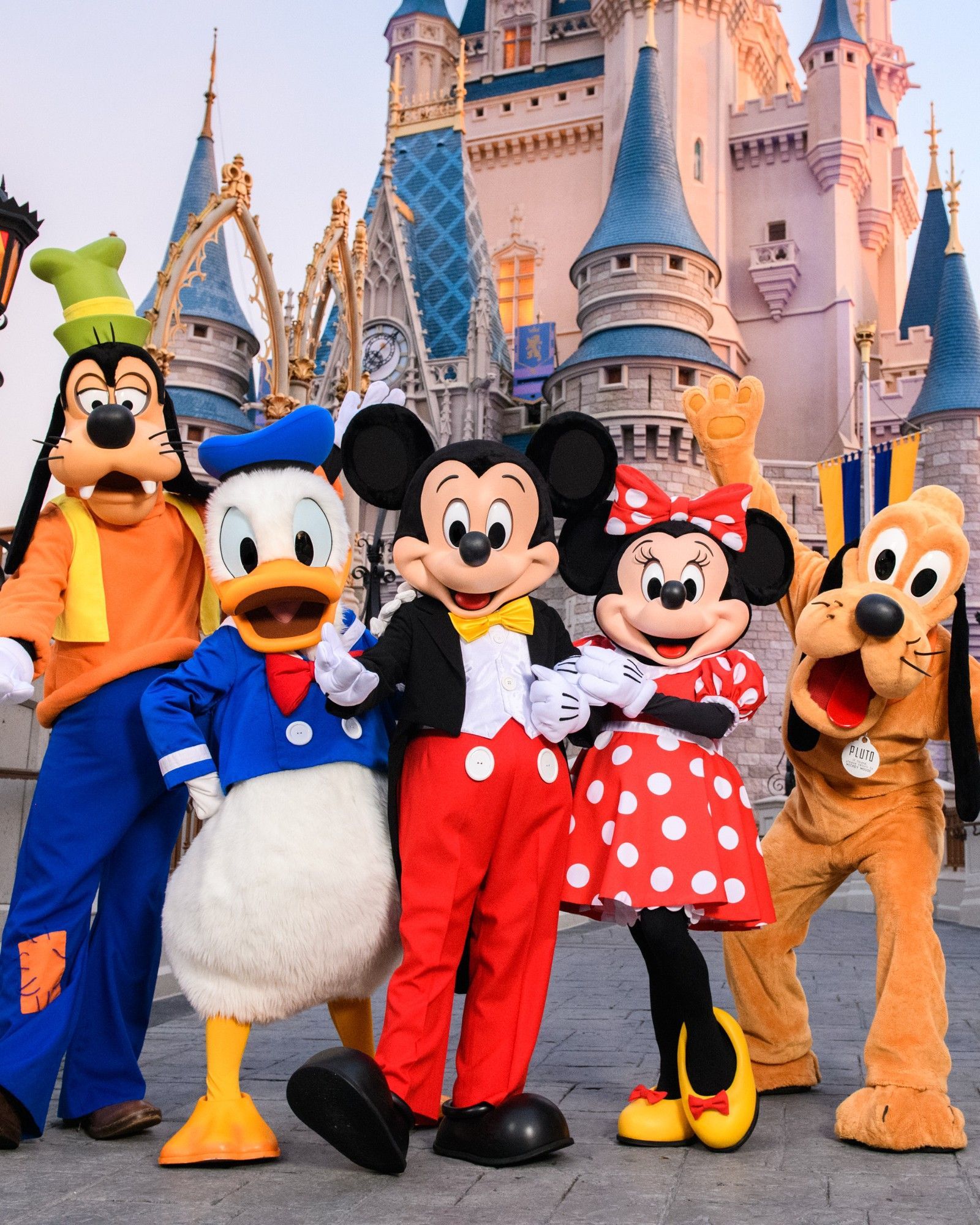
David Cronenberg talks personal grief in "The Shrouds" The latest work by the director who does not believe in the afterlife
The Shrouds was born from the loss of David Cronenberg’s wife, Carolyn Zeifman. Nearly forty years of marriage, a life spent together, a grief that made him consider never making films again. Then came inspiration—or rather, an attempt to process grief through what he has always done: writing and directing. Thus, the film, which was in competition at the last Cannes Film Festival and premiered in Italy at the Busto Arsizio Film Festival, tells the story of Karsh (Vincent Cassel), a high-tech entrepreneur who owns a restaurant and a cemetery where the body of his wife Becca (Diane Kruger) rests. Since, for Cronenberg, the afterlife does not exist—so be careful not to consider The Shrouds a film about life after death—the only way for the protagonist to stay connected with his wife is to have a close visual on her body. The body is reality, he stated in his Crimes of the Future, and it is the only undeniable truth he has always expressed in cinema as well as in his life.
To stay in contact with his deceased wife, Karsh invents special shrouds, coverings for graves inside which he places cameras so that people can always keep an eye on their loved ones who have passed away. Macabre, yes, but incredibly human: the obsessive attachment to matter takes center stage, the only belief for an atheist and existentialist like David Cronenberg. Thus, his cinema, always linked to (new) flesh from the very beginning, returns to it even at the moment of death. He gives it form, gives a body to what is, by nature, immaterial—like death itself. The Shrouds, which is neither Cronenberg’s ultimate work nor his best film, is also the one that perfectly theorizes what he has always depicted throughout his films, applying it even to the afterlife. It is about the body as the only thing that matters, what we can see—even if, in this case, not necessarily touch—and that affirms not our passage, but our continued presence on Earth.
The Shrouds (2025) dir. David Cronenberg pic.twitter.com/2JsUUkLz28
— Nea “Dracula” Ching (@TheGayChingy) March 29, 2025
The Shrouds becomes part of that cinema of absences that forcefully turn into presences. Not just lingering in the air, as in the recent The Beast by Bertrand Bonello, but becoming concrete and visible to the viewer, who sees Becca’s decomposing body as her husband Karsh desires. Cronenberg thus manages to shape death, the same death pursued by so many of his fellow filmmakers, who often portrayed it by hiding it, making it elusive—like the ghost of Kristen Stewart’s brother in Personal Shopper by Olivier Assayas. David Cronenberg, on the other hand, does not suggest—he directly shows: bones, skeletons, amputated parts, and a decaying body are less traumatic than the idea of having nothing substantial left of the protagonist’s wife, who in turn echoes the director’s own partner. And while transferring her into cinema—in The Shrouds, this also means using the concept of the double, as seen in the characters of the sisters Becca and Terry, both played by Diane Kruger—may be a way of feeling close to her, the truth is that the pain will always remain, and grief will never be fully overcome. Cronenberg himself admitted this, even though his film tries to be less fatalistic. But that’s the beauty of cinema: it can serve as a palliative, even if only for a little while, and it can even bring people back to life.









































